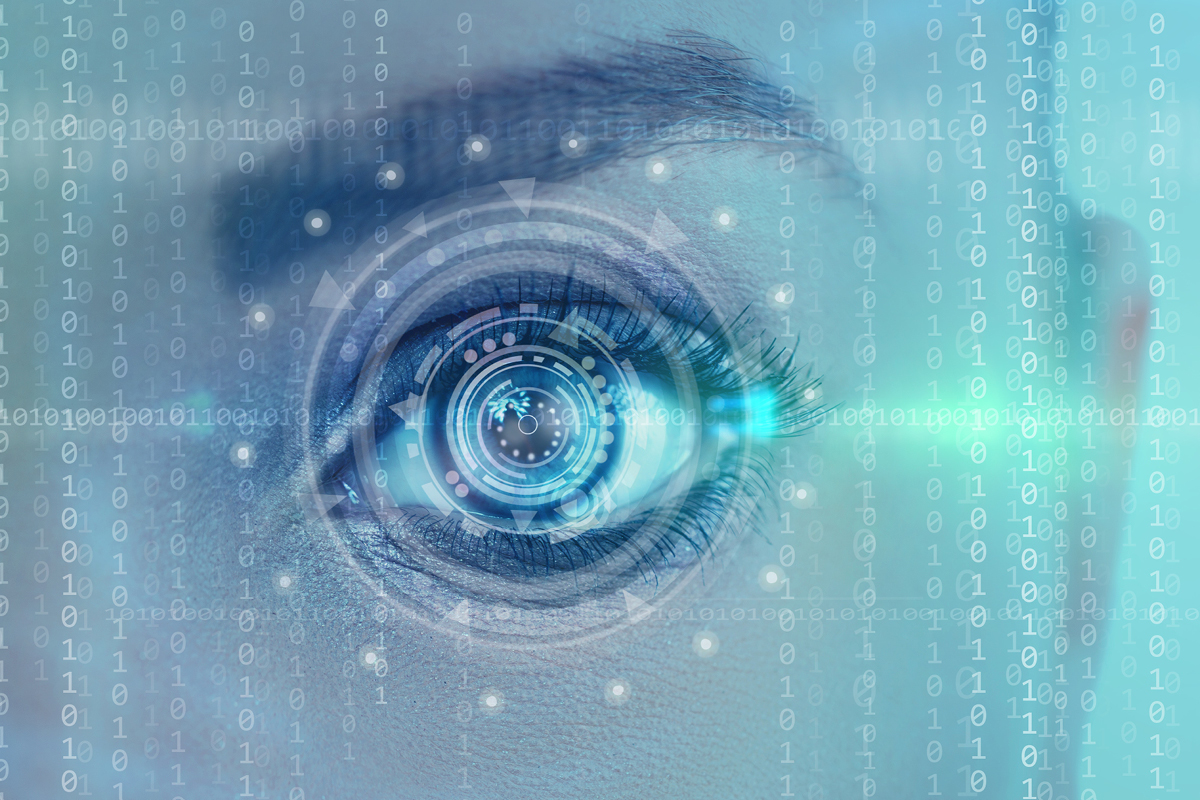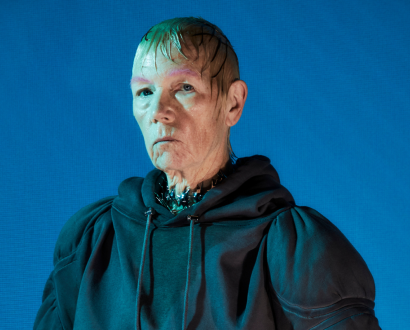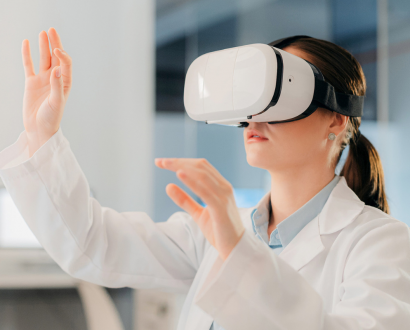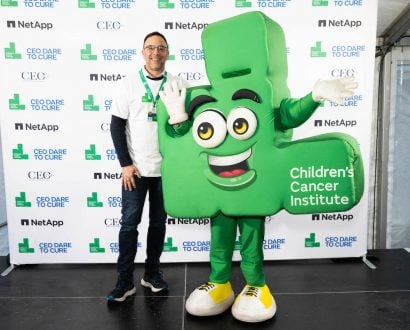I think, therefore I am
Descartes has been guiding modern Western philosophy and ontology for centuries with his famous assertion of Cogito ergo sum, or “I think, therefore I am”. If we’re to continue following his lead, we can see that the notion of self is based on humankind’s ability to think and acquire knowledge. However, the concept of self will likely be challenged by (and during) the Fourth Industrial Revolution, as we interact with artificial intelligence (AI) and machine learning technologies.
Along with the advancement of AI, this will eventually produce an intelligence that is not only sentient but may potentially trigger the singularity. We are already beginning to see this take shape in our current society, as Facebook’s bots, Bob and Alice, recently demonstrated, abandoning English in favour of their own shorthand, effectively creating code that was more logical and efficient to their communication.
Developments such as this will likely one day lead to a self-thinking and self-improving machine that could potentially transcend our notion of self. But how? Let me ask you this: if a machine is ‘self-thinking’, does that simply make it sentient, or does it make them human? If the answer is ‘human’, then what changes would need to be made to our society in order to accommodate this increasingly powerful and intelligent form of ‘human’?
The ‘physical’ self
It is expected that the Fourth Industrial Revolution will accelerate knowledge at a rate we’ve never seen before. Technology will undoubtedly advance with AI, resulting in breakthroughs in many fields, like health, medicine, and manufacturing, to name a few. These advancements will have the ability to redefine what it means to be human. Nanotechnologies in the medical field in particular will dramatically influence how humans repair cells, kill microbes, deliver drugs and even perform surgery. This will all occur on a nanoscale – more targeted and accurate than practices and methods we’ve seen previously.
The breakthrough of such technologies will likely increase life expectancy as we slow, or potentially reverse, the effects of aging and decay at a cellular level. Not only this, but more humans will become cybernetic organisms (cyborgs), and innovative technologies, such as genome editing, will further enable human enhancement by providing us with the tools to modify immune cells or replace defective genes in an effort to fight disease. But as our technology advances exponentially, so too must our civil, moral, and spiritual motivations in accommodating and adapting to the advances of the Fourth Industrial Revolution.
This Industrial Revolution will inevitably change not only our physical understanding of what it means to be human in a philosophical sense, but in a physical sense as well. It will change our fundamental understanding of human physicality and the idea that we were born to die naturally.
Looking forward a few decades, the introduction and ongoing development of designer babies, cyborgs, and veritable immortality will undoubtedly shift how we view our physical self as human, and how we organise ourselves as a society. The traditional concept of the family might cease to exist, as might the way we appropriate resources. Designer babies of the future will have the potential to outsmart, outwork, and even outlast the now older, yet stronger cyborg population.
The self: disappearance or enhancement?
With the Fourth Industrial Revolution everything will be connected in the truest sense. Everything will have access to every datum – all networks, all things, all selves – and all available for access in real time. Humans, with their cyborg bodies and selves digitally copied, stored and backed up continuously in multiple locations, will live side by side with robots and AI. Transhumanism will be a reality.
This begs the question: will the notion of the self disappear? If everything is connected to everything else and nothing dies, will humans as a race, with a collective self and mind, be the only self that is left? Will we retain personality and individuality, connecting to others only as an enhancement of our own selves, or would all humans merge into this self and become a godlike creature, rivalled only by the equally godlike AI?
It’s an interesting thought to muse over.





